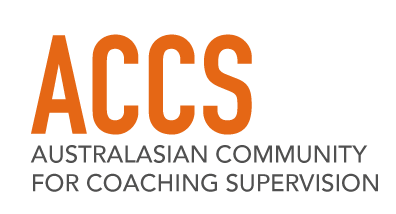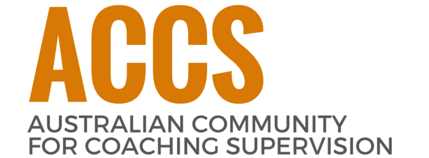What is Coaching Supervision?
There are several definitions of coaching supervision on offer for us to consider:
“Supervision is a forum where supervisees review and reflect on their work in order to do it better” (Caroll, 2007).
“Supervision is the process by which a coach with the help of a supervisor, can attend to understanding better both the client system and themselves as part of the client-coach system, and by so doing, transform their work and develop their craft.” (Hawkins and Smith, 2006).
“Supervision is the process of helping you to stand back from your work to take a broader view of your practice.” ( Hay cited in Bachkirova, Jackson and Clutterbuck, 2011)
We prefer to think of it more as a working alliance between two professionals where coaches offer an account of their work, reflect on it, receive feedback and guidance if appropriate. Supervision should be a safe place where mutual respect creates a trusting professional relationship. It is where coaches are stretched and their experiential learning is facilitated through reflection to make a positive difference in their practice (work)”. (Williams, 2010)
The opportunity to reflect on our practice as a coach lies at the heart of effective supervision. The supervisor’s role in supervision is to create the conditions within the supervisory relationship so that both supervisee and supervisor can “pay attention” to what is unfolding and reflect on this together.


Comments are closed.